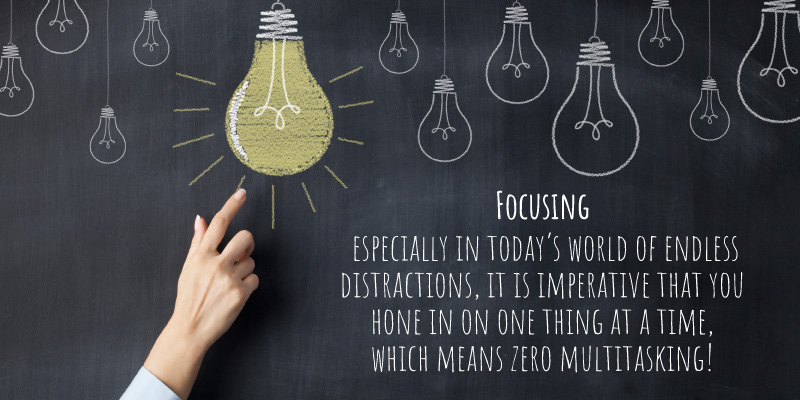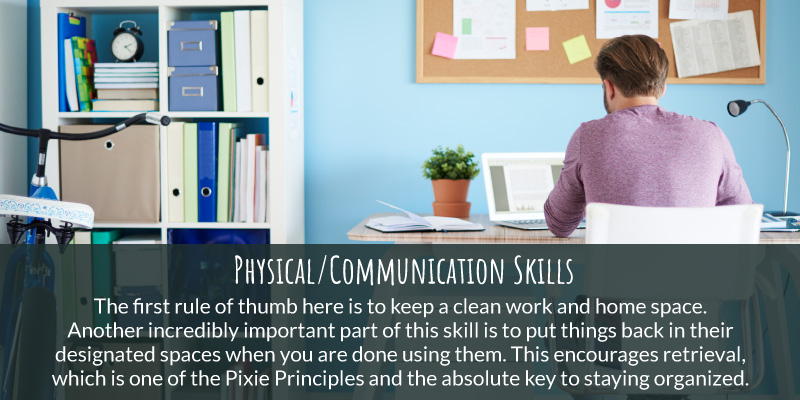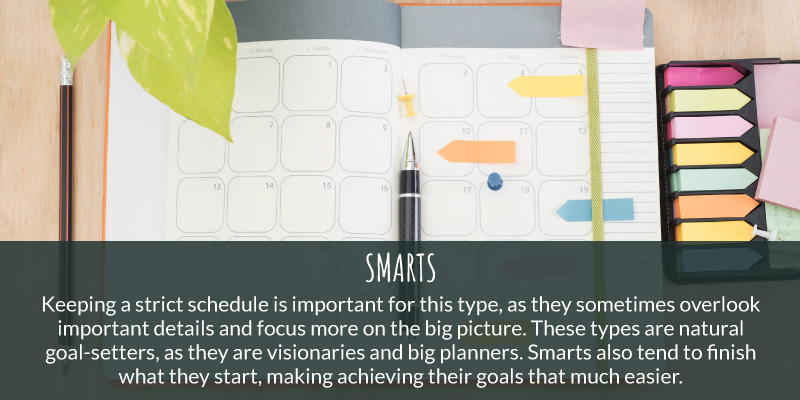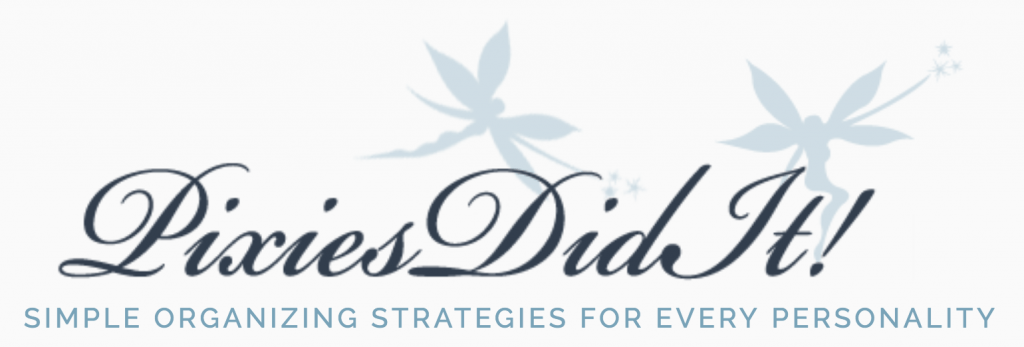The Top 5 Organizational Skills and How Each Type Can Achieve Them
There are many different kinds of organizational skills, and different components for each. We need these to function — both at work and at home. Some of us are able to utilize these skills more effectively and easily than others. Those who struggle with organization may need extra help to function in a more systematic and productive manner. This help can come in the form of tools like day planners and calendars, or can look like a visit from a professional organizer. We all have different strengths and weaknesses when it comes to organization — the key is to figure out what they are and how to best use them to your advantage (in the case of strengths) or help yourself with different tools (in the case of weaknesses).
The Top 5 Organizational Skills
The top five organizational skills are as follows:
- Time Management– This is a key component to staying organized. Part of being successful at this essential organizational skill is goal-setting. In doing this, be specific. Set goals that you can easily measure. Set goals that are realistic. Try to set as few big goals as possible, then break them down into smaller pieces. Write your goals down, and set reminders for each of the smaller goals. Another important aspect of proper time management is prioritizing. This means assigning value to each task on your list. Separate the tasks into urgent versus important, then go from there. The next part of successful time management is scheduling. This can be difficult for those who struggle with executive functioning skills, but with the right tools, can be overcome. Estimate deadlines and schedule them sequentially. Then go about getting them accomplished one at a time.
- Decision Making– This can seem a daunting skill for some people, but if you break it down into steps, it becomes more manageable. In most cases where people struggle with decision making, they are paralyzed by the fear that they will make the wrong one. For this skill, you want to gather information, identify the main purpose of the decision, come up with different, or alternative solutions, and determine what the best alternative is. Sounds easier than it is, doesn’t it?

- First, make sure you are getting the proper amount of sleep and eating a balanced diet. In order to focus, especially in today’s world of endless distractions, it is imperative that you hone in on one thing at a time, which means zero multitasking! Turn off all notifications, including those on your phone and email, get into a quiet place, and do the ‘hardest’ thing first to get it out of your way. Of course, this is only one component of what it means to be well-organized (wouldn’t it be nice if we could work in quiet places without interruptions all the time?).
- Self-Motivation– When we were young, authoritative figures in our lives provided us with external motivation. By the time we are adults, though, we should be equipped with the ability to motivate ourselves to get things done. In order to do this, we can follow these simple rules:
-Track our progress
-Remind ourselves of our end goal
-Look for constant feedback
-Let go of our fear of making mistakes
-Stay positive
-Get to know what your motivational patterns are. For example, do you work best under pressure, or are you better at scheduling tasks out over time?

- These can be just as difficult to learn as prioritizing, but are just as crucial to success, if not more so. The first rule of thumb here is to keep a clean work and home space. (Easier said than done, right?) Another incredibly important part of this skill is to put things back in their designated spaces when you are done using them. This encourages retrieval, which is one of the Pixie Principles and the absolute key to staying organized. Stay open-minded, patient and clear about what you want to communicate.
How Each Type Can Get Organized Using These Skills
CLASSICS– Classics are blessed in that they already possess many of these skills. If anything, their Achilles’ heel is to have too many systems, making things difficult for other types who co-exist with them. Another thing for Classics to watch out for is their fear of making mistakes or not doing something ‘perfectly’. There is no such thing. Classics sure know how to do a lot of things well, but perfectly is not possible. If anything, Classics need to work on their communication skills so that they can effectively talk to other members of their family about the organizational systems they create, as well as check in with them to ask what can be thrown away and what can be kept.

Smarts can make decisions with the best of them. Communicating can sometimes be a struggle, as this type tends toward stubbornness when they believe their way will work best. Keeping a strict schedule is important for this type, as they sometimes overlook important details and focus more on the big picture. These types are natural goal-setters, as they are visionaries and big planners. Smarts also tend to finish what they start, making achieving their goals that much easier.
FUNS– Funs can be organized — when and where it suits them. For example, Fun types get things done, but in a more roundabout way. The place that holds their interest will be the most organized and tidy area in the house. They are terrible at time-management and are always running late. However, they have the ability to prioritize, because they put their ‘passion projects’, or things that excite them (think: Kitchen for a cook, Closet for someone who loves clothes) first very easily, meaning they understand what is important to them and can put it at the top of the list. Funs are also definitely flexible, which is a boon when it comes to scheduling which involves other people.
ORGANICS– Organics struggle with decision-making the most out of all the types. When it comes to decluttering, they just can’t bring themselves to do it, mainly because they are incapable of making the decision to get rid of anything that means something to them. Routines can bore certain Organics, which is a pitfall organization-wise.
The Takeaway
No matter your type, there are tools to help you with the places you might struggle organizationally. There are myriad home organizational items that help you with retrieval (such as key hooks or bowls and modular laundry organizers, among many others) and there are also professional organizers who can come into your house, take a peek around, chat a bit, and determine which tools you might need to become better organized.
